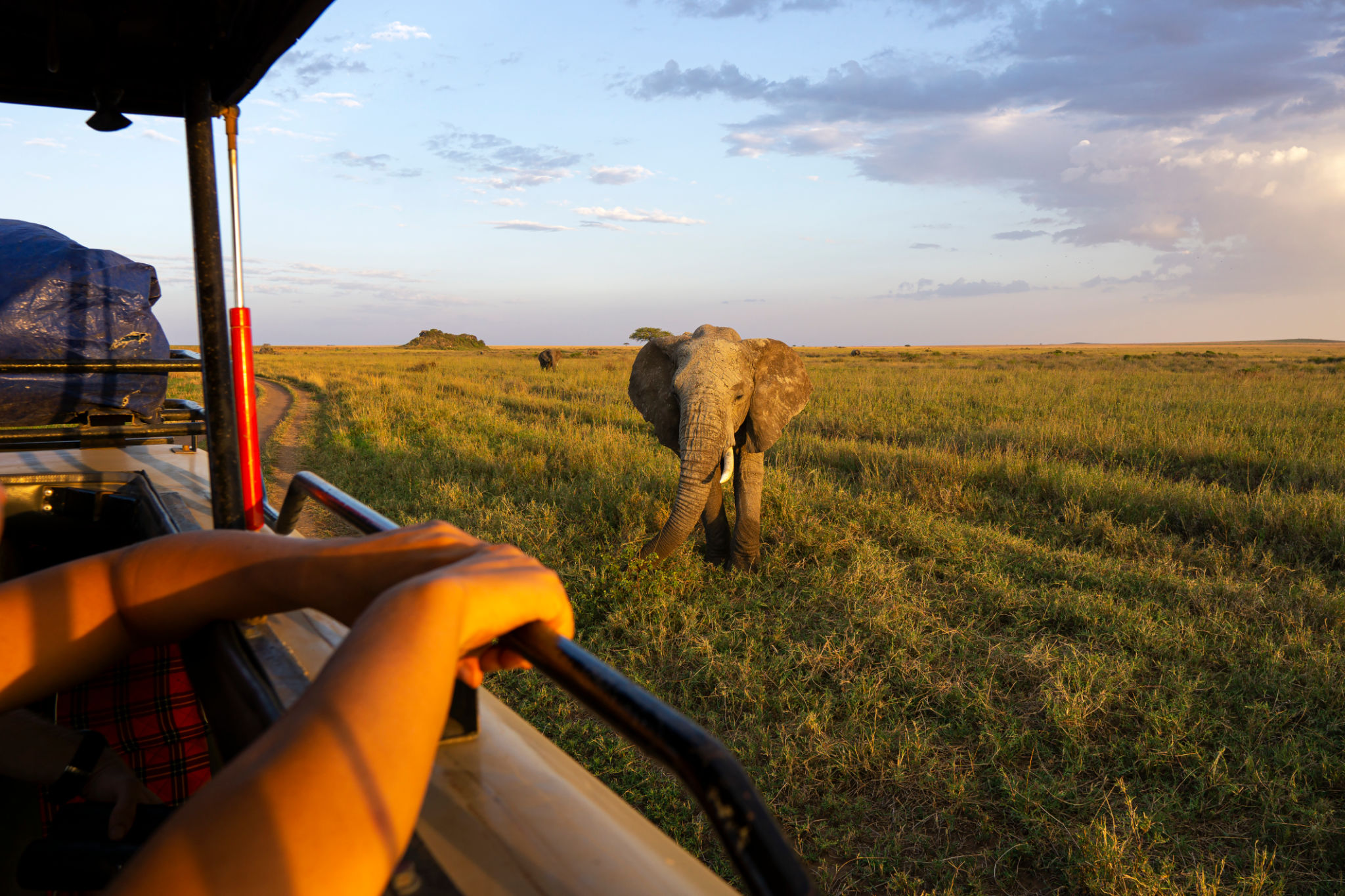Preparing for Your First African Safari: Essential Tips
Understanding the Safari Experience
Embarking on your first African safari is an adventure like no other. The vast landscapes, diverse wildlife, and unique cultural experiences offer an unforgettable journey. However, it's important to prepare adequately to make the most of your trip. From the right gear to understanding the local customs, a well-planned safari can provide memories that last a lifetime.
Before you set out, it’s crucial to understand what a safari entails. Safaris are not just about spotting the 'Big Five'—lion, leopard, rhinoceros, elephant, and Cape buffalo—but also about appreciating the smaller details of the African wilderness. From vibrant birds to fascinating flora, every aspect of the environment contributes to the overall experience.

Choosing the Right Time and Location
The timing of your safari can greatly influence your experience. Africa's vastness means it encompasses a variety of climates, so the best time for a safari can vary depending on your destination. Generally, the dry season, which runs from June to October, is ideal for wildlife viewing as animals gather around water sources.
Location is also key. Consider what you want to see—Botswana’s Okavango Delta is known for water-based safaris, while Kenya’s Maasai Mara is famous for the Great Migration. Researching different parks and reserves will help tailor your safari to your interests.

Packing Essentials for Your Safari
When preparing for a safari, packing smart is essential. Opt for lightweight, breathable clothing in neutral colors to blend into the environment. Layers are important as temperatures can vary significantly from morning to evening. A wide-brimmed hat and sunglasses will protect you from the sun, while a good pair of binoculars will enhance your wildlife viewing.
Don’t forget essential items such as sunscreen, insect repellent, and a reusable water bottle. A camera with a good zoom lens is highly recommended for capturing those once-in-a-lifetime moments. Remember to pack all your electronics and chargers in a waterproof bag to protect them against unexpected weather conditions.

Health and Safety Considerations
Health and safety should be a priority when traveling to Africa. Consult your healthcare provider well in advance to ensure you receive necessary vaccinations and medications, such as malaria prophylaxis. It's also wise to carry a basic first-aid kit and any personal medications you may need.
While on safari, always listen to your guide’s instructions. They are familiar with the wildlife and surroundings and will ensure your safety throughout the trip. Remember that while animals may seem docile, they are wild and unpredictable.
Respecting Local Cultures and Environments
African safaris often involve interactions with local communities. It’s important to respect their traditions and customs. Learn a few phrases in the local language as a gesture of goodwill and always ask for permission before taking photographs of people.
Conservation is also an integral part of any safari. Follow the principle of leaving no trace by disposing of waste appropriately and staying on designated paths. Supporting eco-friendly lodges and tour operators can also contribute positively to the environment and local economies.

Maximizing Your Safari Adventure
To truly maximize your safari adventure, maintain an open mind and embrace every aspect of the experience. Engage with your guides; their knowledge and passion can significantly enhance your understanding of the wildlife and ecosystems. Keep a journal or take notes to capture your thoughts and observations.
Lastly, remember that patience is key in wildlife watching. Animals operate on their own schedules, so take the time to enjoy the environment and let nature unfold at its own pace. The magic of a safari often lies in those unexpected moments that happen when you least anticipate them.
